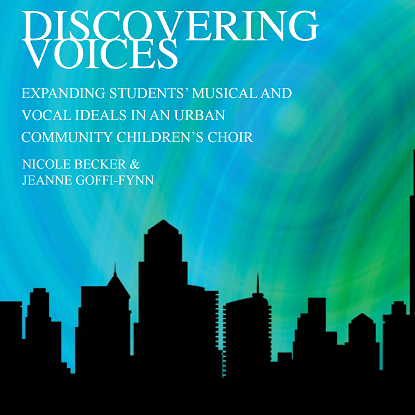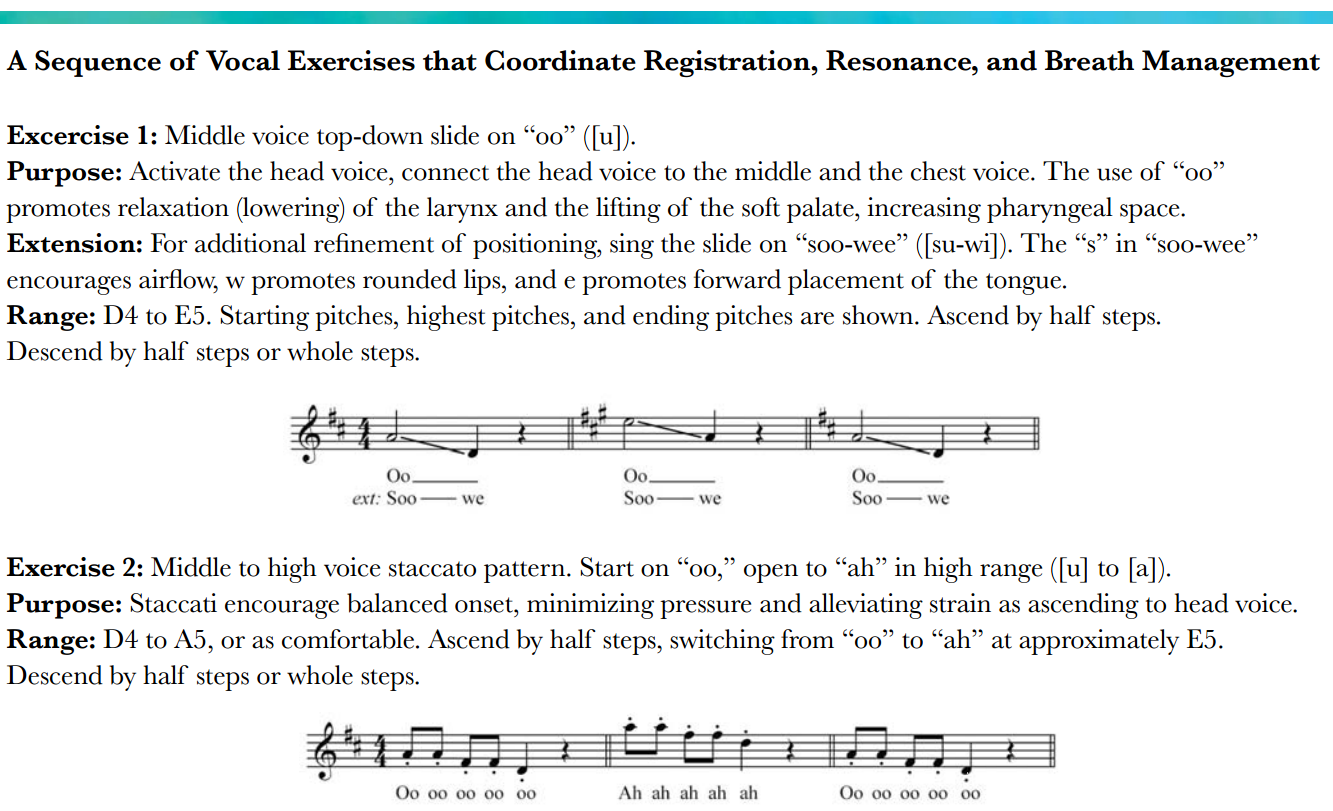The February 2016 issue of Choral Journal featured an article by Nicole Becker and Jeanne Goffi-Fynn titled “Discovering Voices: Expanding Students’ Musical and Vocal Ideals in an Urban Community Children’s Choir.” This article offers readers “an approach to choral training that seeks to broaden children’s musical ideals and abilities by training them in healthy, flexible vocal technique within a rehearsal environment that values and nurtures students’ diverse forms of musicality.”
Their goal, the authors write, is to “empower young people to discover their voices” by “unleashing the potential of their singing voices [and] leading singers to realize that their voices—their opinions, interests, ideas—matter.”
This approach has been specifically developed through the authors’ work with a non-auditioned community chorus for children ages 10-14, based at an urban graduate school of education. The results, however, can be applied to many singers across a variety of age ranges.
After discussing three parameters of vocal technique—registration, resonance, and breath management—the authors present a sequence of 5 vocal exercises that coordinate this approach to vocal training. The first two exercises are below. (If the image appears small, you should be able to click on it to enlarge.)
In the second part of the article, the authors highlight 5 empowerment strategies for rehearsals that cultivate esteem and agency. Following is a brief overview of each:
- Repertoire by Request: “We have a white board on which students are invited to write their suggestions for repertoire and other requests for rehearsal… We let them know that their tastes and their music matter to us and shape what we do.”
- Solos: “In traditional choir settings, members are assigned solos when the director considers them ready. We prefer to have our singers choose solos when they feel ready, and to this end we provide frequent opportunities for them to take solos in rehearsal.”
- Questionnaires and Interviews: “We regularly ask our singers to describe how they feel about chorus and about their voices in questionnaires and interviews.”
- Making Texts Their Own: “In our work with texts we help our students find the ways in which the lyrics reverberate with their own experience, so they can deliver the songs in a personal way.”
- Training Listeners and Leaders: “One highly effective way to promote listening and critical thinking among singers is to give them opportunities to lead portions of rehearsals.”
Have you used any of these strategies in your own rehearsals? How might utilizing vocal exercises and empowerment strategies make a difference for young singers who are discovering their own voices?
You can read the full article online in PDF format by clicking here. (Note: You must be logged into the acda.org site as a member in order to access the Choral Journal online. If you are not already a member of ACDA, join today!)




Leave a Reply
You must be logged in to post a comment.